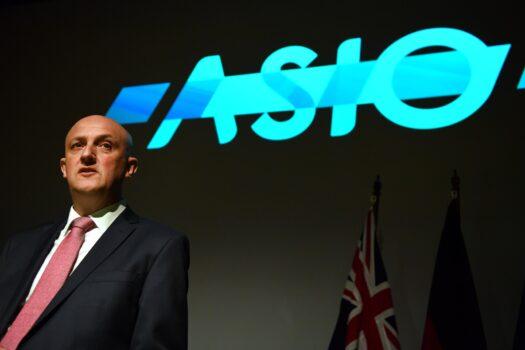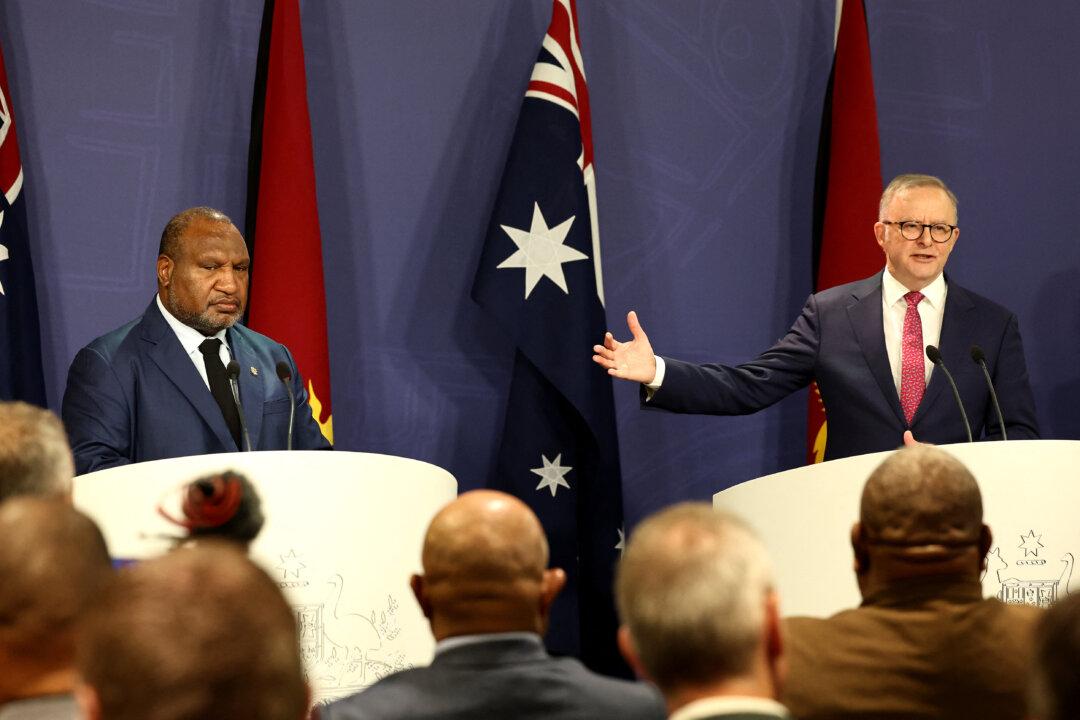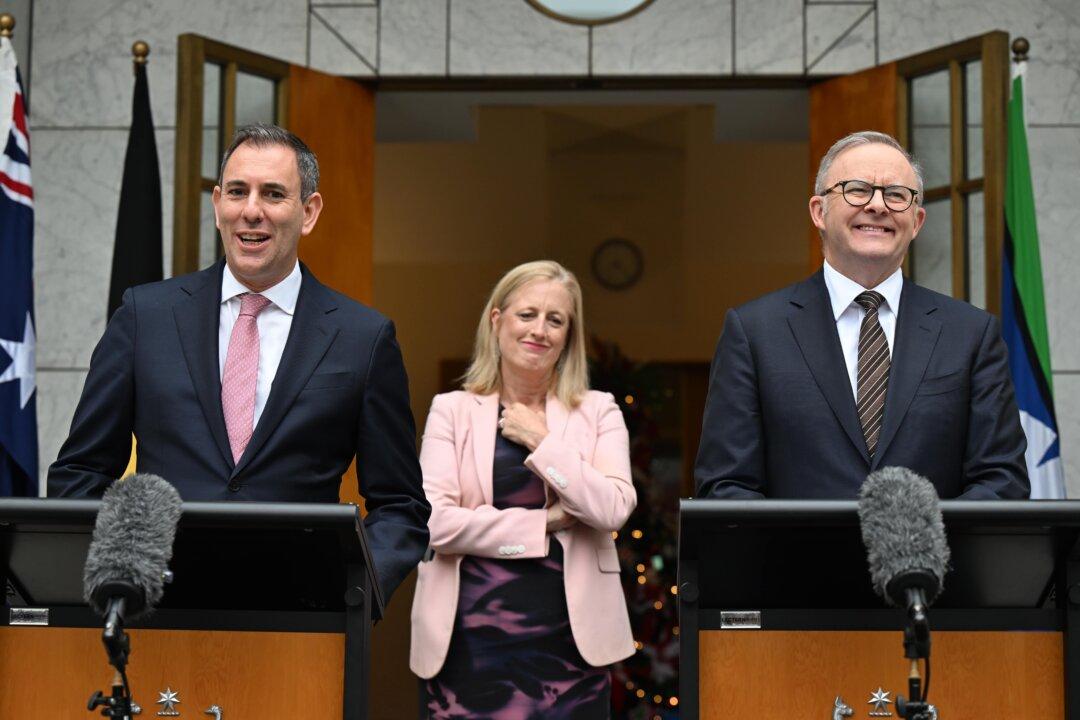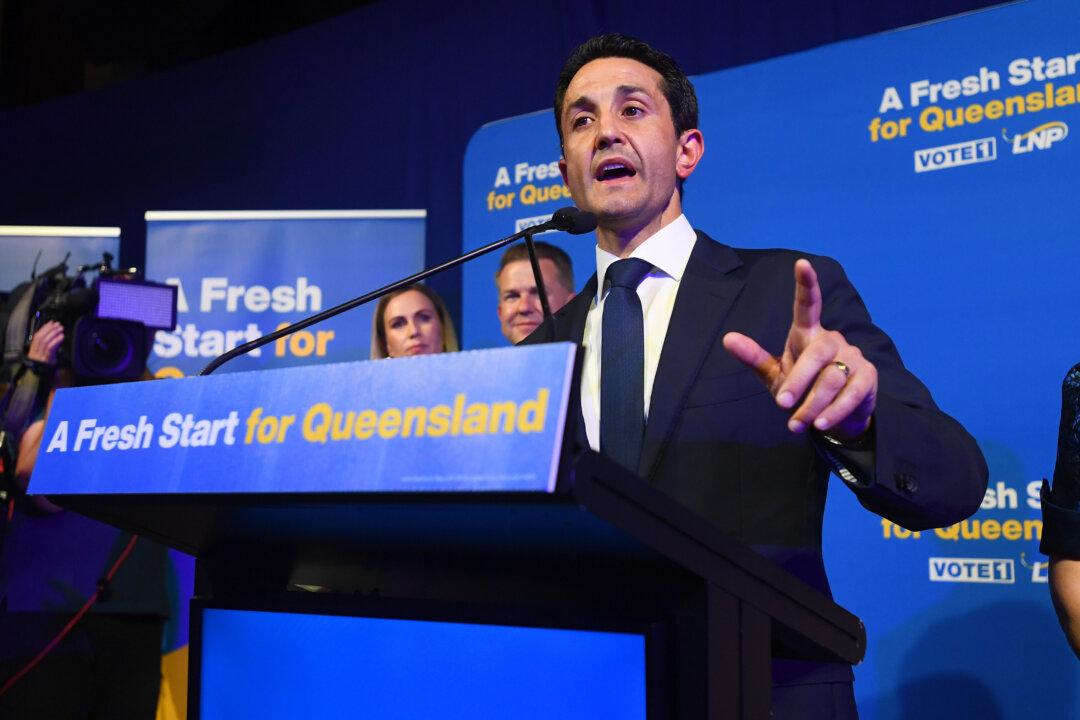Australia’s domestic spy chief is standing by the agency’s decision to drop the sensitive term “Islamic extremism” to “religiously motivated violent extremism,” saying such activity was not limited to one religion.
Mike Burgess, the director-general of the Australian Security Intelligence Organisation (ASIO), did concede, though that Islamic extremism was the leading motivator behind recent terrorist activity.
“But over the history of this world, that’s not actually true. Students of history will know there’s other religions that have done vile things in the name of their religion–a small subset of the religion, of course,” he said. “So, it is not actually true.”
“We need terminology that helps us explain what we’re seeing.”

He also revealed that 40 percent of ASIO’s caseload is now spent dealing with ideology-based extremism, compared to espionage.
“This will add ‘fuel to the fire’ of the widespread but false idea that all religions are violent and tend to ‘extremism.’ It unfairly stigmatises people with faith,” Durie said.
“The problem is not ‘extremism’ (i.e. ideas taken to the extremes), but a group’s core ideas, sincerely held. It is not extremism that is the problem, but harmful beliefs and ideological commitments,” he said.
“I believe that wherever possible, labels should be precise, not general, and specific,” he said. “A group that claims Islam as its motivation for violence should be called ‘Islamic.’ But it would be even better to call these Islamic groups ‘jihadist.’”

Meanwhile, in the United States, congresspersons are also grappling with how extremism should be defined.
“Among those listed are al-Qaeda, Hamas, and the Ku Klux Klan as groups that use or advocate violence to accomplish their objectives and are therefore rightly classified as extremists,” Berry told the committee.
“But also included are Evangelical Christianity and Catholicism, who most assuredly do not advocate violence,” he added.
“At a time of turmoil and instability, during which our nation faces many external threats, [this] message is inappropriate and offensive to our service members and those they defend.”
The manual is being used as part of U.S. Secretary of Defense Lloyd Austin’s “stand-down” of the armed forces to identify “extremists” in its ranks.





